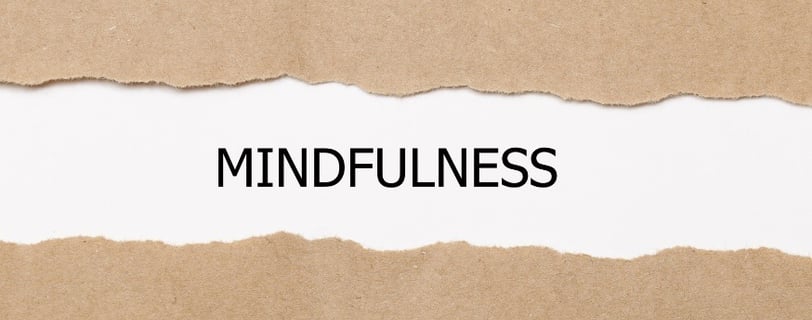Mindfulness and Conflict Resolution: A Path to Understanding
As someone who has practiced mindfulness for 25 years, I’ve experienced firsthand how this ancient practice can transform our inner world and how we navigate conflicts with others. Mindfulness is more than a tool for personal well-being; it is a powerful ally in conflict resolution, fostering clarity, empathy, and constructive dialogue.
MINDFULNESS
Sam Wales, C.Med, WFA, CPC
2 min read


What is Mindfulness?
At its core, mindfulness is the practice of being fully present in the moment, with awareness and without judgment. It involves paying attention to our thoughts, feelings, and bodily sensations in a way that allows us to respond rather than react. This mindset creates space for thoughtful reflection, a key ingredient in resolving conflicts effectively.
How Mindfulness Supports Conflict Resolution
1. Enhancing Self-Awareness
Conflict often triggers strong emotions such as anger, frustration, or fear. These emotions can cloud our judgment and escalate disagreements. Mindfulness helps us tune into these emotions, recognize their presence, and understand their roots. This self-awareness allows us to approach conflict from a calmer and more centred place, reducing the likelihood of reactive responses.
2. Improving Emotional Regulation
Practicing mindfulness trains us to pause and breathe before reacting. This pause can make all the difference in a heated exchange, allowing us to respond with intention rather than impulse. By regulating our emotions, we can communicate more effectively and avoid escalating tensions.
3. Fostering Empathy and Understanding
Mindfulness encourages us to listen deeply—not just to spoken words but to the underlying emotions and needs. This deeper level of listening fosters empathy, enabling us to see the conflict from the other person’s perspective. When both parties feel heard and understood, the groundwork for resolution is laid.
4. Creating a Non-Judgmental Space
Conflicts are often fueled by assumptions and judgments about the other person’s intentions or character. Mindfulness teaches us to approach situations with curiosity rather than judgment, opening the door to honest and productive conversations.
5. Encouraging Solutions-Oriented Thinking
Mindfulness keeps us focused on the present moment rather than dwelling on past grievances or worrying about future consequences. This focus allows us to concentrate on finding solutions that address the current issue, making resolution more achievable.
Practical Applications of Mindfulness in Conflict Resolution
Mindful Breathing
Before engaging in a difficult conversation, focus on your breath for a few moments. This simple practice can ground you and bring a sense of calm to the interaction.
Deep Listening
During conversations, practice listening without interrupting or planning your response. Reflect on what you’ve heard to ensure understanding and validate the other person’s perspective.
Mindful Observation
Observe your thoughts and feelings during a conflict without attaching to them. This practice can help you recognize patterns in your reactions and choose more constructive responses.
Guided Meditations
Incorporate guided mindfulness meditations into your routine to build resilience and prepare for potential conflicts. Apps and online resources offer accessible ways to deepen your practice.
A Personal Reflection
Over the past 25 years, mindfulness has been an anchor in my personal and professional life. As a mediator and conflict coach, I’ve seen how introducing mindfulness techniques can transform tense situations into opportunities for growth and connection. I am always willing to introduce a client to mindfulness as part of their conflict resolution journey, as it offers a unique pathway to self-awareness and constructive dialogue. Whether it’s helping individuals regulate their emotions or fostering deeper understanding between parties, mindfulness has consistently proven its value in navigating the complexities of human relationships.


The Conflict Resolution Group
Email: info@ConflictResolutionGroup.com
© 2025. The Conflict Resolution Group. All rights reserved.
Transforming Conflict into Growth and Understanding
Phone: 1-888-444-6171 (Canada and USA)
Mailing Address:
20041-9200 Dufferin St.
Vaughan, Ontario, Canada L4K 0C8
